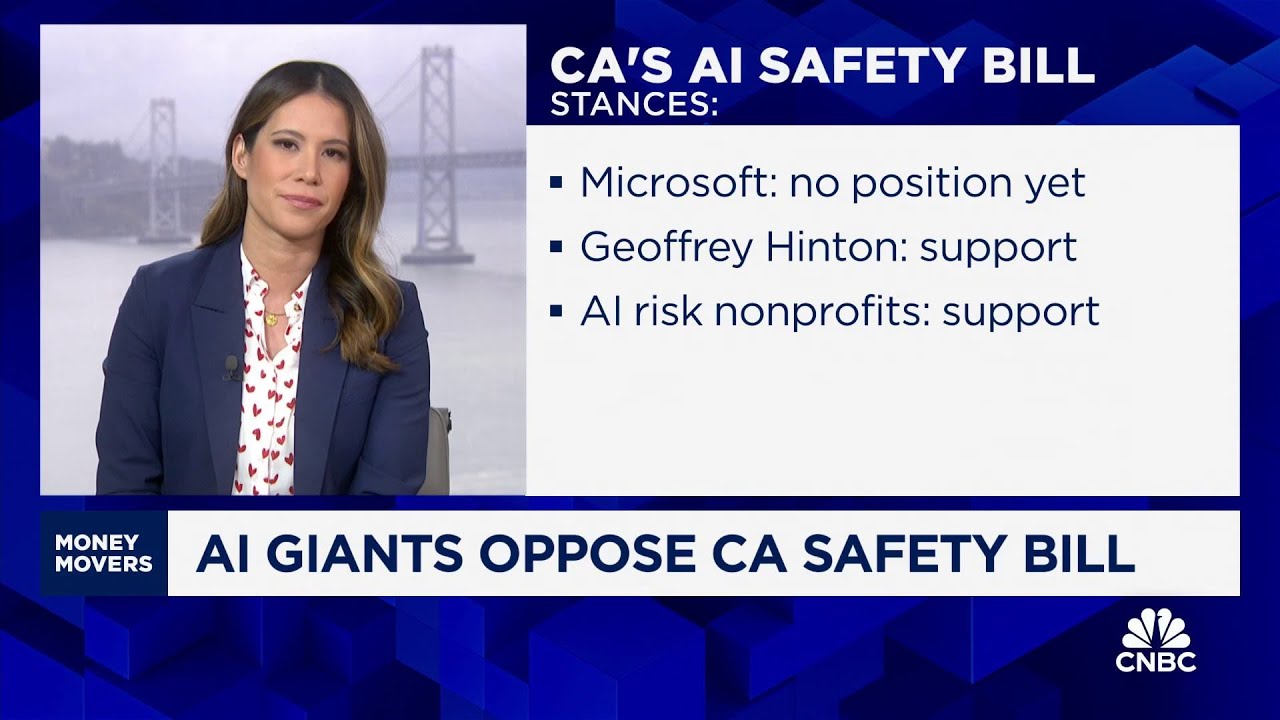A new California bill aimed at enhancing safety measures for AI models has faced opposition from major tech companies, including OpenAI, which argue that such regulations should be handled at the federal level. The bill includes provisions for safety protocols, third-party audits, and whistleblower protections, reflecting a growing urgency to establish guidelines for AI amidst rapid advancements in the field.
A new California bill aimed at enhancing safety measures for artificial intelligence (AI) models has faced significant opposition from major tech companies and venture capitalists. Introduced in February, the bill seeks to implement pre-emptive safety protections and whistleblower protections for AI developers. Critics argue that such regulations should be managed at the federal level rather than by individual states, with companies like OpenAI expressing concerns that a California-specific bill could hinder progress and drive businesses out of the state.
The proposed legislation requires AI companies to adhere to safety protocols they have already committed to, such as ensuring systems are developed safely and implementing a “kill switch” to deactivate models if they malfunction. OpenAI has voiced its opposition, stating that national security issues should be regulated federally and highlighting its support for President Biden’s executive order on AI, which includes voluntary commitments from companies. The emphasis on “voluntary” raises questions about the effectiveness of self-regulation in the industry.
The California bill would empower the state attorney general to take legal action against developers who fail to comply with safety standards. Additionally, it mandates that companies hire third-party auditors to evaluate their safety practices and offers enhanced protections for whistleblowers who report non-compliance. This aspect of the bill aims to create a more accountable environment for AI development, addressing concerns about potential risks associated with advanced AI technologies.
Senator Scott Wiener, who is leading the bill, acknowledges that while it would be ideal for Congress to address these issues, he is skeptical about their willingness to act. Given the federal government’s inaction on AI regulation, Wiener believes that California should take steps to protect its residents and ensure data safety. This local approach reflects a growing urgency to establish guidelines for AI development amidst rapid advancements in the field.
Interestingly, not all tech giants oppose the bill; Microsoft has not taken a definitive stance, which could indicate a potential shift in support. Meanwhile, prominent figures in the AI community, such as Geoffrey Hinton, known as the “godfather of AI,” and several innovative AI startups, have expressed their support for the legislation. This division among tech companies highlights the ongoing debate over the best approach to regulate AI and ensure its safe development and deployment. CNBC’s Deirdre Bosa reports on regulation around generative AI.
